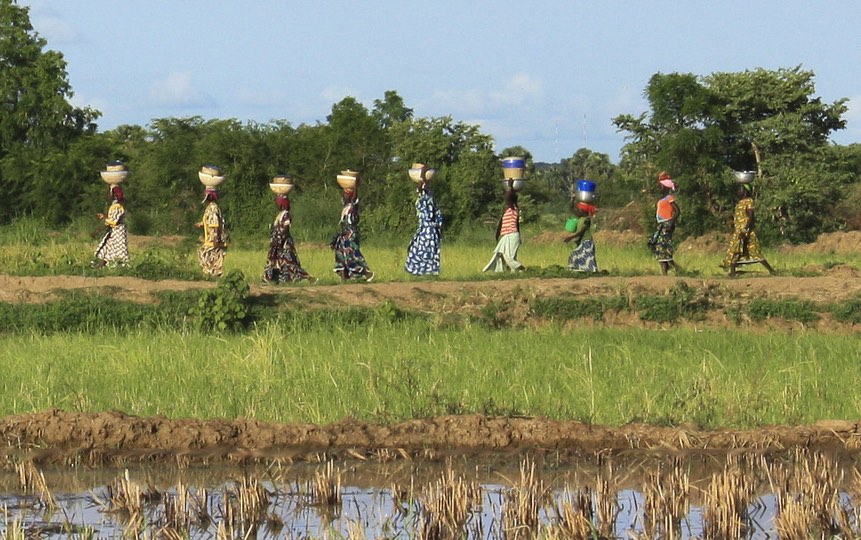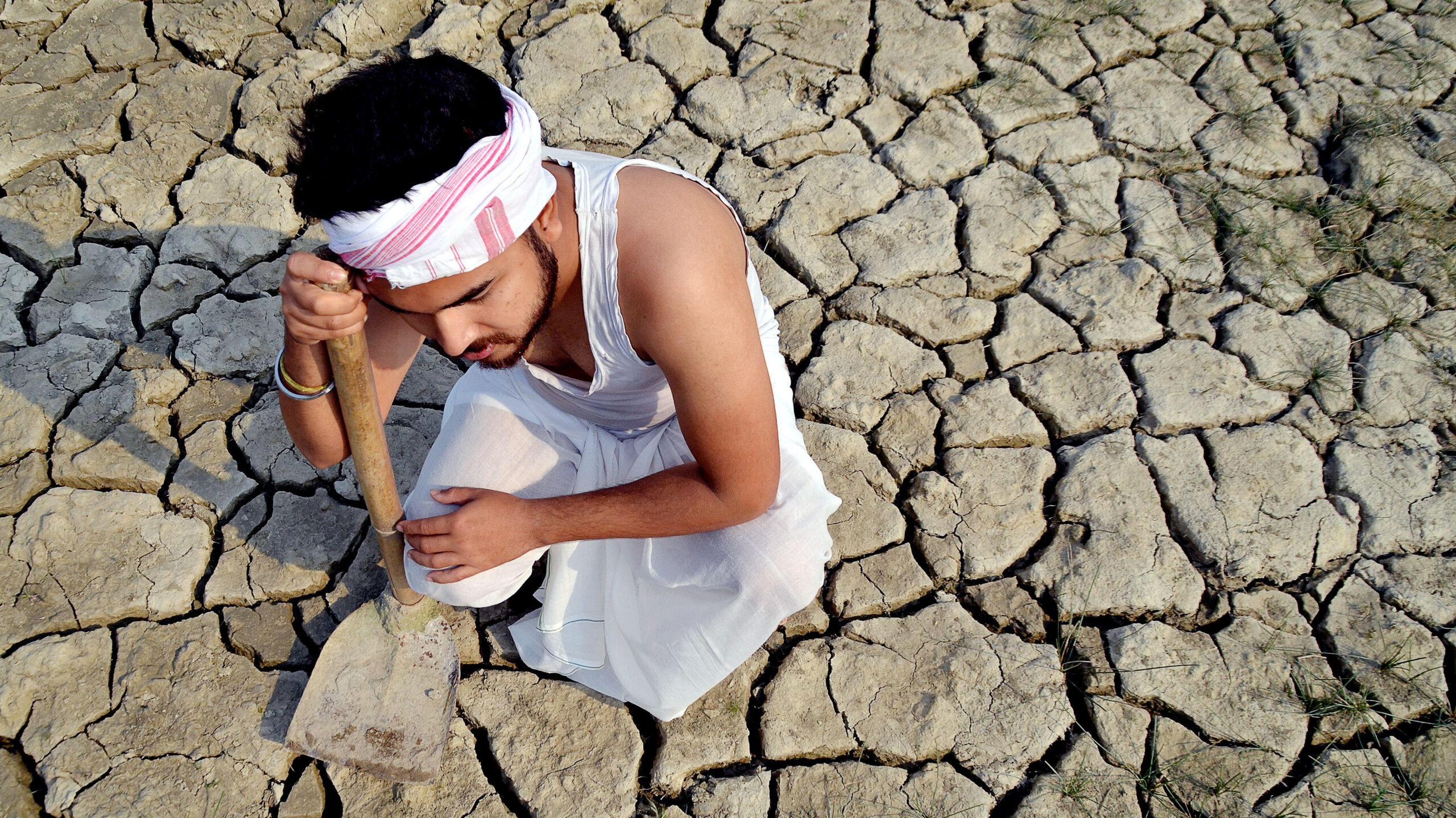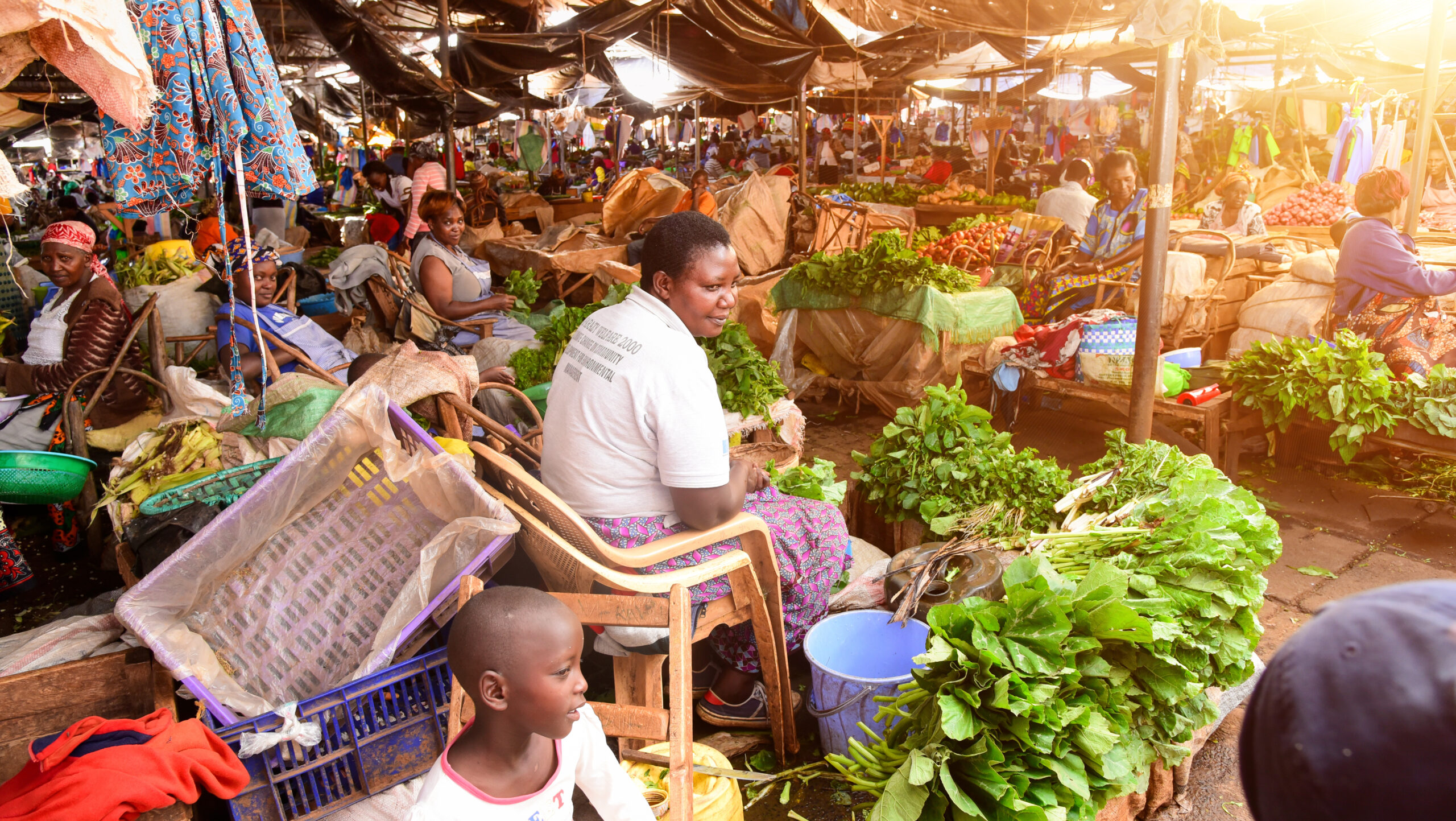The 2015-2030 period has become a crucial time for progress in global sustainable development: The 17 SDGs were adopted (2015); meanwhile, the UN General Assembly has declared the UN Decade of Action on Nutrition (2016-2025) and the International Decade for Action on Water for Sustainable Development (2018-2028). These initiatives significantly overlap in various ways. But are they really “talking to each other”? And, if not, does it matter?
A quick assessment of the two Decades, for example, reveals only brief mentions and consideration of their interlinkages. One point under the Action for Nutrition refers to “sustainable, resilient food systems for healthy diets”—this heavily relates to water, although water is not explicitly mentioned. Under the UN Secretary-General’s plan for the Water Action Decade, nutrition is only mentioned once.
In reality, water and nutrition are closely interlinked, and achieving SDG targets for water could well constrain efforts to reach SDG targets on nutrition—and vice versa. In fact, it has become increasingly clear that progress toward those two SDGs can only be achieved if efforts to meet one support—and do not undermine—efforts to reach the other.
So, how can we assure that the two Decades are mutually synergistic and supportive, and avoid adverse impacts?
A new WLE Research for Development (R4D) Learning Series paper—“Meeting the Nutrition and Water Targets of the Sustainable Development Goals: Achieving Progress through Linked Interventions”—provides some answers. The paper is an output of the June UNSCN Expert Group Meeting on Nutrition and the Sustainable Development Goals (SDGs) under Review.
The paper outlines the key water-nutrition linkages reflected in SDG 2 (end hunger, achieve food security and improved nutrition and promote sustainable agriculture) and SDG 6 (ensure availability and sustainable management of water and sanitation for all), as well as the opportunities and challenges that meeting both goals together present.
Water and nutrition are linked in multiple ways, but few of these interlinkages are well understood. An evidence base is developing for several key water-nutrition linkages, such as those between water, sanitation, hygiene, and nutrition; and one is starting to emerge for irrigation and nutrition. But little is known about several others, including the associations between water pollution and health, and between water resource management and nutrition. Even less is known about the interactions across these various linkages.
The big challenge is how to meet both water security and food and nutrition security goals, while also protecting and improving water-based ecosystems. Entry points for focusing these efforts include: Understanding the linkages between agriculture, water use and nutrition; ensuring access to clean water for improved nutrition; investing in measures that ensure nutrition under more variable water supplies; and aligning investments in nutrition policy, institutions, and the technology space to address water scarcity, variability, and competing uses. All these efforts should be properly targeted to be relevant, and whenever possible, should be co-developed or solely developed by local communities themselves, drawing on the improving awareness of these linkages.
Jowel Choufani is a Research Analyst with IFPRI’s Environment and Production Technology Division (EPTD); Claudia Ringler is EPTD Deputy Director.







